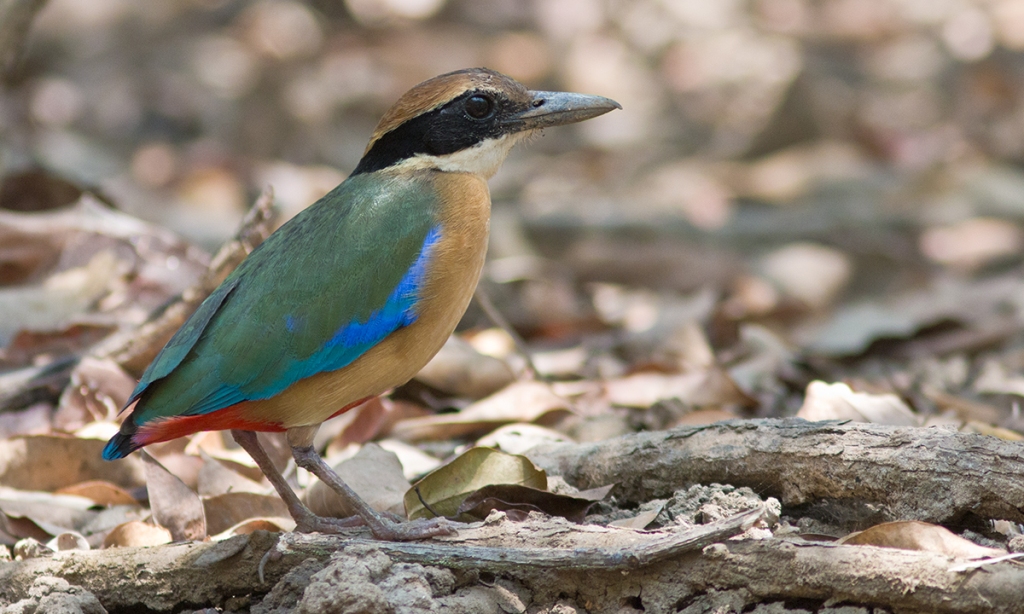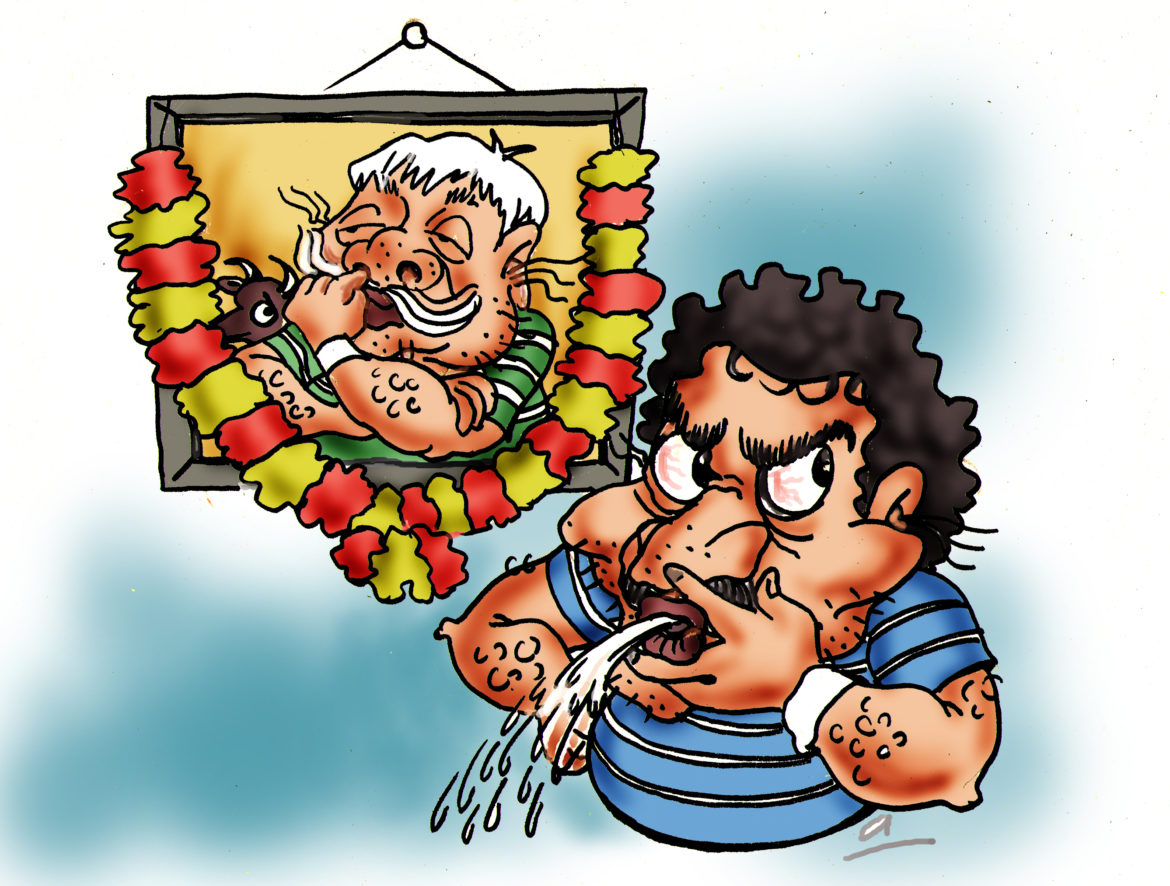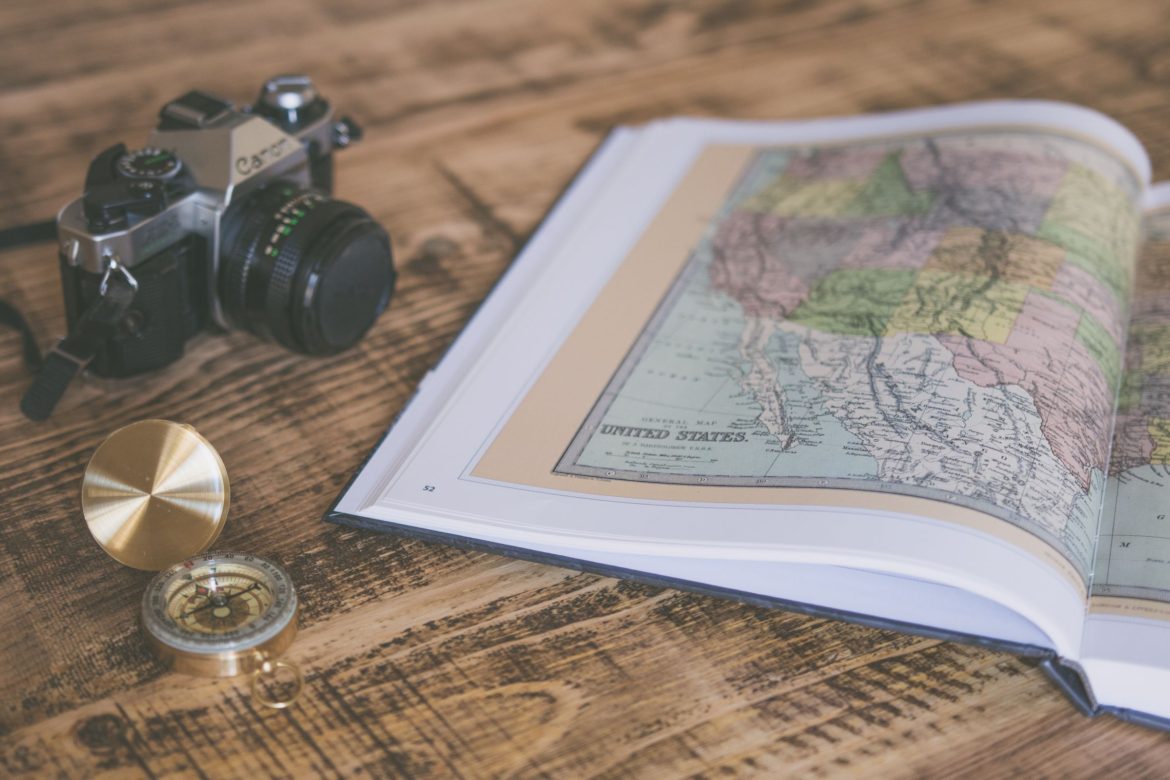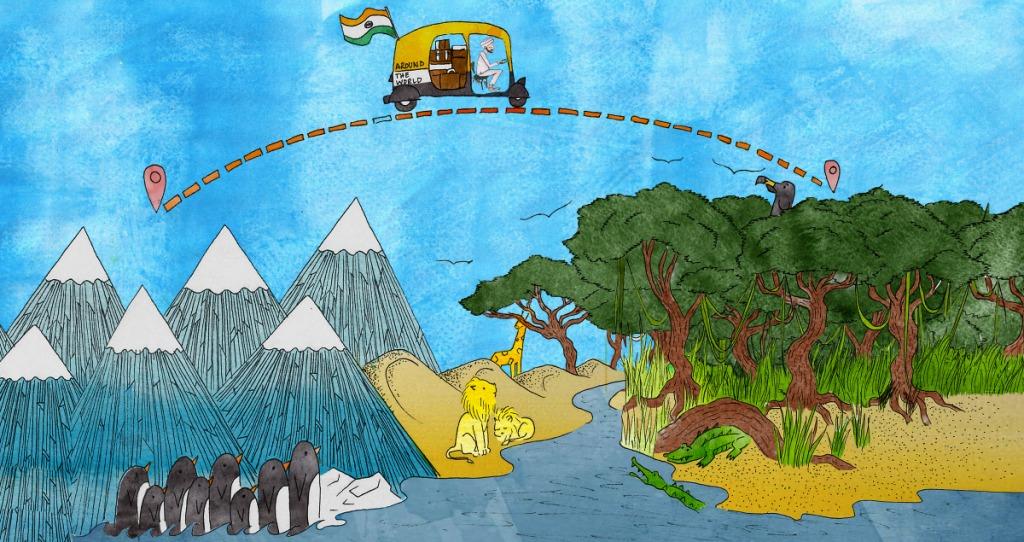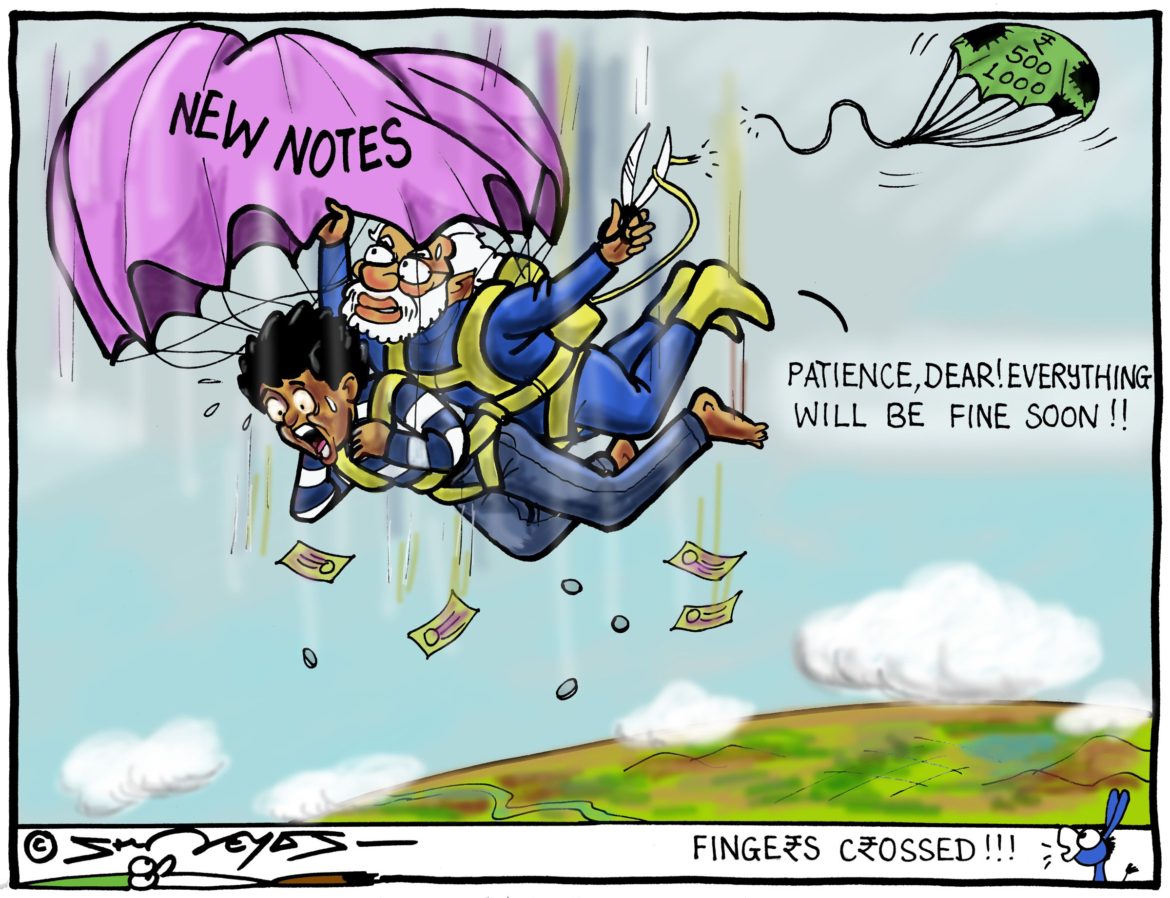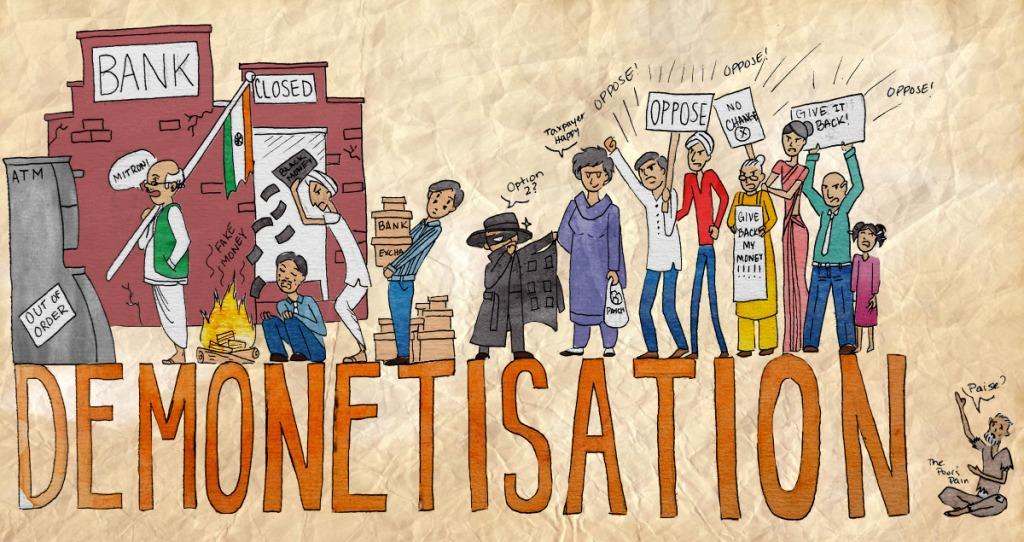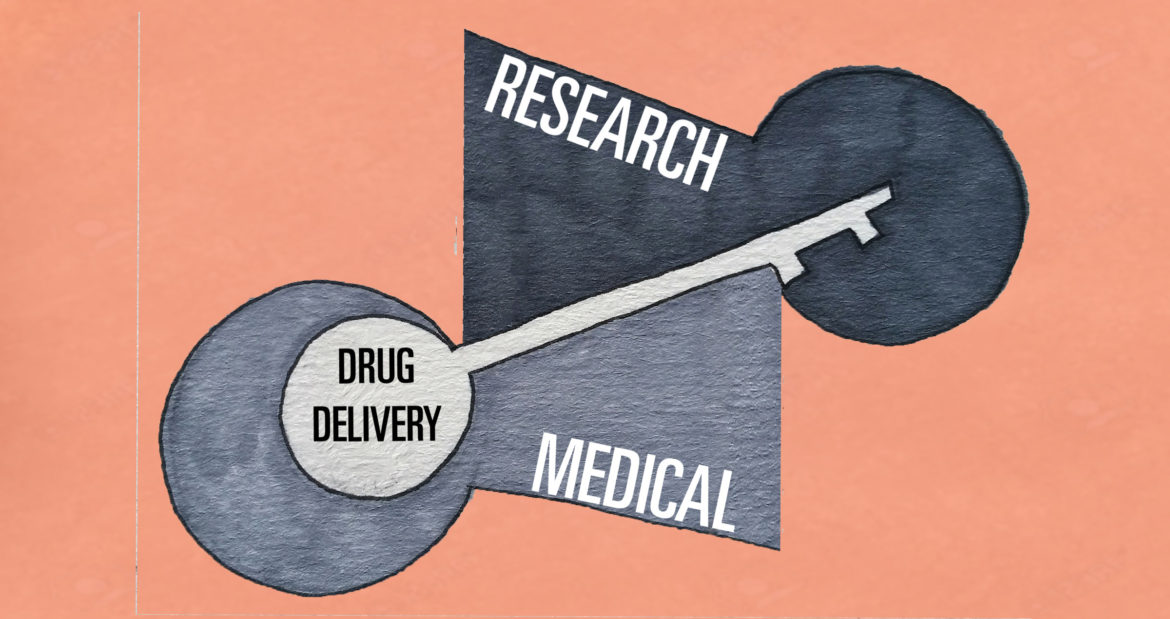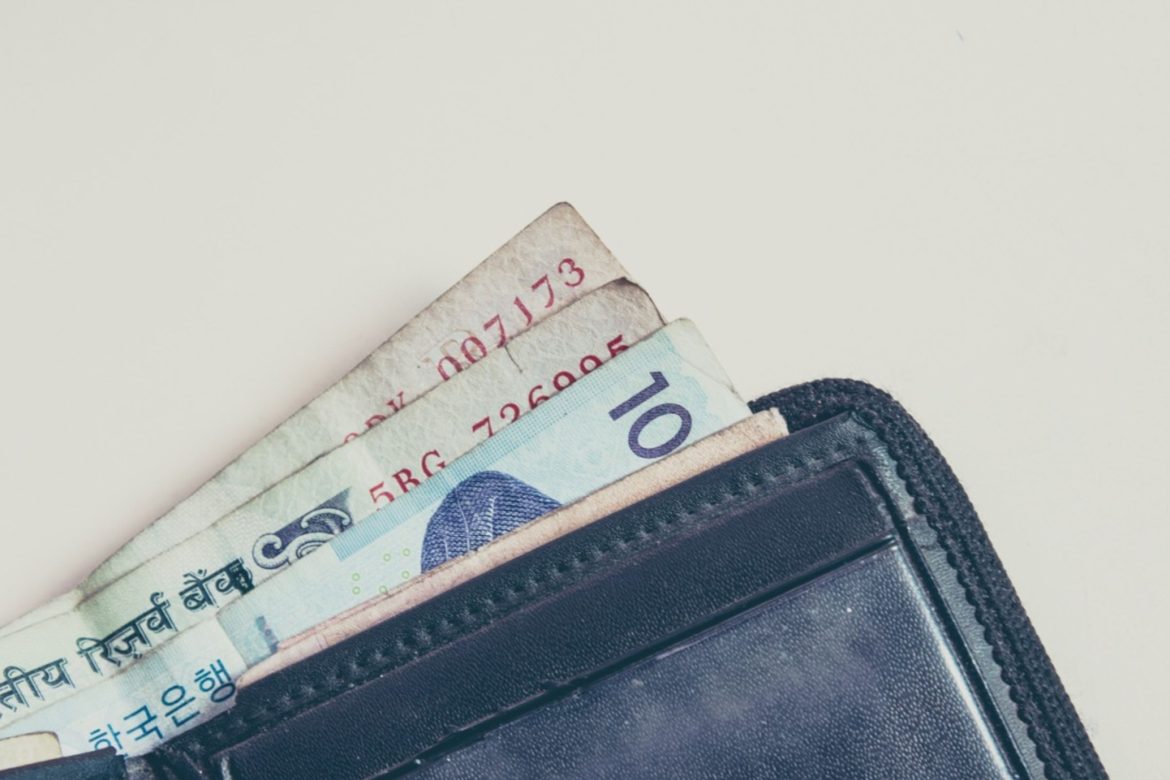The jewel of the mangroves had been luring me since last year to make a visit to Bhitarkanika, a small mangrove sanctuary in coastal Orissa. The name itself had a lyrical ring about it – bhitar = interior and kanika = gold, and conjured up an image of a lush paradise with a hint of mystery and adventure.
Current Issue
Digging one’s nose in a public place in full view was a fashion statement in Ranchi a few years ago; as if to say “Hey there, I can do this in front of you and you can do nothin’ about it. I am the boss, you loser with your fancy pants sense of public decency”. Yup, it really was the in-thing to do.
I’ve often heard someone casually parrot the cliché ‘travel is a great way to get to know people’ and felt a wee bit uncomfortable about letting a glossy half-truth pass without a murmur of dissent. For I feel that friendships are either strained or strengthened while travelling – not by any dramatic event, but by a succession of small incidents that throw the spotlight on hitherto unnoticed flaws or virtues.
For most of us, the land mass called Antarctica is a name we vaguely remember from school Geography, but if asked to name all the continents in the world, most of us would forget to name Antarctica among the continents. That was certainly true in my case, until a friend asked me if I would like to join him and a couple of others on this trip to Antarctica that they had planned.
July – August, 2017
This month we focus on travels. Our potpourri of travel articles will transport you to far-flung corners of the big, wide world where the peaceful harmony of bountiful nature is punctuated only by the reverent tread of an occasional traveller. In these travel narratives, the landscape comes across as malleable, an almost protean presence that is being constantly shaped and reshaped through the lens of each traveler who passes through it. And then, we have travels of quite another kind – those that do not end but stretch on interminably in our consciousness even after the physical experience of it is long over. Let’s embark on this journey then!
Photograph by Igor Ovsyannykov
Just back from IIT B campus where we had a very stimulating lecture by Dr Kaushik Basu (former Chief Economist of the World Bank and also former Economic Advisor to Government of India). The topic was deliberately and most appropriately chosen as The Economics of Corruption, Black Money, and Demonetisation.
On December 9, 2016 Dr Basu was delivering the 3rd Prof N R Kamath Chair Colloquium Lecture which is an annual event. Prof N R Kamath was a well known Chemical Engineer and I was wondering what an economist had to do with chemical engineering. But I realised on second thoughts that what an economist does for a living, not unlike a chemical engineer, is just trying to put some of his recipes into practice. While a chemical engineer can manipulate the pressure, temperature,and concentrations of various chemicals and pH of the solutions, an economist has variables like money supply, interest rates, exchange rates, and other equally obtuse parameters to play with. But while a chemical engineer may quickly be able to ascertain the results of his experiment an economist can safely keep on arguing about correctness of his solution vis-a-vis other solutions by other economists till Doomsday.
I am Bankim Biswas and what I write is a lot of bunkum and wishwash. For instance, it’s bumkum that I’m an old 500 Rupee note. Old, yes I am for sure. But let’s make believe that I’m an old 500 rupee note numbered 5BP 6350JJ signed by someone called Governor YV Reddy.
Today, I lie in my final resting place in some obscure vault of the RBI, awaiting my imminent demise in some shredder that will be purchased by deploying my successors i.e. new notes signed by the new Governor Urjit Patel. While I enjoy my last moments of static bliss, I recollect moments of my younger days when I was virtually in a state of perpetual motion. Right from the time of my birth as a scrap of paper and being coloured green and imprinted with Gandhi photos in a minting press, I’ve been in constant motion.
About five years ago, during a ’71 batch chemical alumni meet in Pune, there was a suggestion that an N. R. Kamath Chair Professorship be set up through our donations. Though it sounded good, nothing much came of it. As a matter of fact, we did not even get started on raising funds.
But then, during the birth centenary celebrations of Prof. N. R. Kamath, Alum Himmatsinhka proposed this cause to a much wider audience. His determination, diligence and persistent effort resulted in the chair professorship becoming a reality.
As I am writing this note about Less-cash/Cashless India, the Indian media is reporting the great confidence in Prime minister Modi’s government, and the corporate community is showing high confidence in his leadership. The Prime minister’s office is claiming the reports to be a validation of the acceptance and success of the bold initiative of Prime Minister Modi: the decision on Demonetisation on November 8th, 2016.
